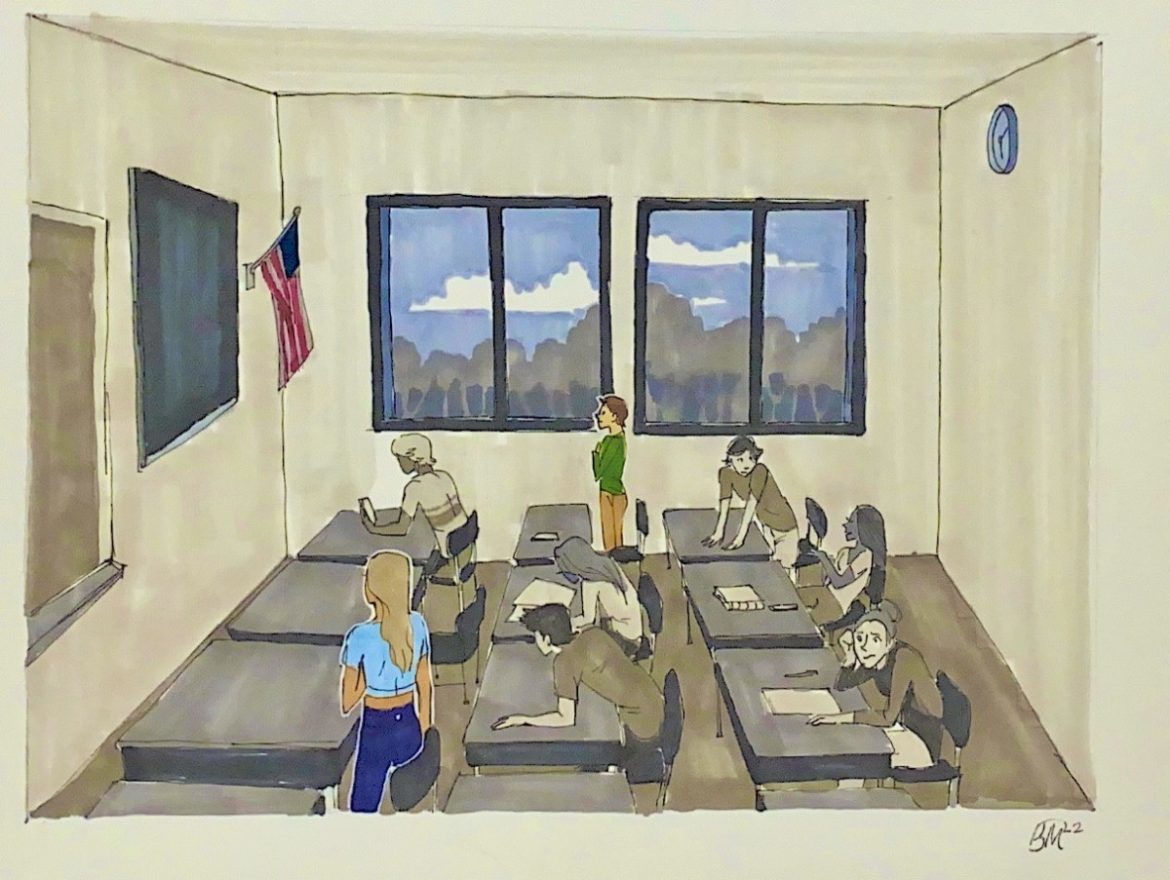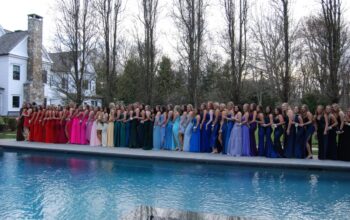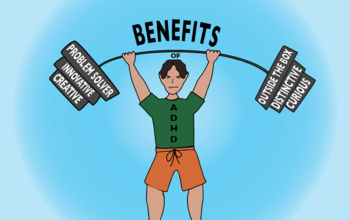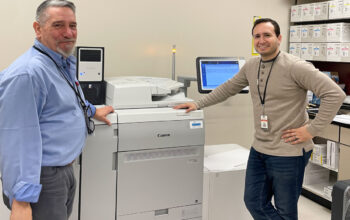“I pledge allegiance to the flag of the United States of America…” Every morning, for 12 seconds, this one sentence is broadcasted over the loudspeaker. And yet, the vast majority of students find themselves in silence or even seated. Whether it’s a conscious decision or because no one else is doing so, one thing is true: students are rarely acknowledging the Pledge of Allegiance anymore.
Social studies Zeeshaan Arastu feels that the reason behind the silence is related to students getting older and maturing. “I think it’s an age thing,” she said. “I think students at different spaces of maturity express their patriotism in different ways.” However, she doesn’t feel that many kids who don’t say the Pledge are attempting to be disrespectful or politically motivated, but rather has become a habit to remain silent.
Because of this trend, Ms. Arastu believes that national unity is undervalued. “There is a reason to institute traditions that reinforce identity in ways that don’t exclude people,” she said. “But then the question becomes, is the pledge exclusive?” This seems to be a question worth diving deeper into.
Some students can speak to both the maturity shift and the exclusivity that Ms. Arastu discussed. Senior Clara Bloom explains that “first, I stopped saying the ‘under God’ portion of the pledge because I am not religious myself. Then, I stopped saying the Pledge entirely as I started learning more about politics growing up, and felt like a lot of things that our country was doing didn’t reflect my values.” However, Clara does participate in the pledge when she feels it is appropriate. “Sometimes I’ll just say it because everyone stands up and then you say it because that’s what you’ve been taught you’re supposed to do,” she mentioned.
AP Government teacher Michael Forcucci also acknowledges that saying the Pledge of Allegiance has become such an ingrained habit in us that the words have begun to lose their meaning. “I feel an obligation to say it,” he said, “but it’s really more of a half-hearted going-through-the-motions sort of thing.” Similar to Ms. Arastu, Mr. Forcucci believes the mindless saying of the Pledge relates to the lack of national unity. “If you think about what you’re actually saying when you say the pledge, I don’t know that we as Americans place value in our country above ourselves,” he said, “and that’s what the pledge is suggesting we do.” Mr. Forcucci even posed the question of what it means to be patriotic. “Does it mean blindly following the norm, and if so, is saying the pledge blindly following a norm?” No matter the answer, it is clear that there is little to no patriotic sentiment being expressed when students stand up to say the pledge.
Despite this pattern, AP Physics teacher Tony Barnett, another US veteran, says that acknowledgement of the Pledge in some respect is still necessary. “I normally tell kids to either stand and say it respectfully, stand silently, or be seated, but don’t do other things during that time. Just be mindful,” he said. Mr. Barnett personally chooses to stand and say the Pledge because he feels he served in the Navy so people can enjoy the freedom of expression. “What’s wrong with spending 90 seconds today just reminding everybody that you’re a part of this nation and the privileges we have?”
Almost everyone is in agreement that we have lost the power of the Pledge in school. However, some people have a positive outlook for the Pledge when looking to the future. Mr. Forcucci says that “saying the pledge could, in part, refocus on what the purpose of being in school is.” However, he mentioned that this refocusing hinges on people understanding how fortunate they are to live in America. “There would have to be some sort of significant shift to where people are actually thankful to America in order for the pledge to have meaning.”
It seems clear that because the percentage of students participating in the Pledge of Allegiance is so low, the question of how the pledge can be a more unifying factor in school should be posed. As Clara puts it, “it definitely is nice to have something that is honoring our country, but I also think we should have dialogues about what parts of our country we are honoring.”




